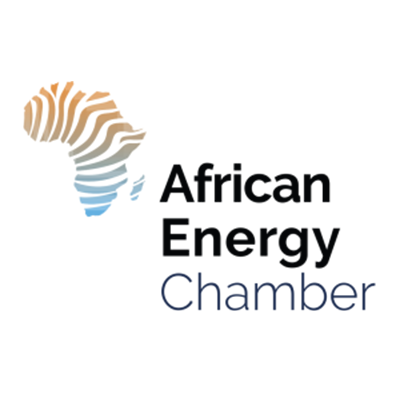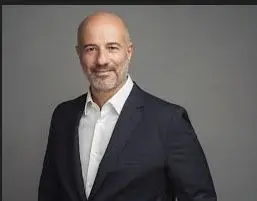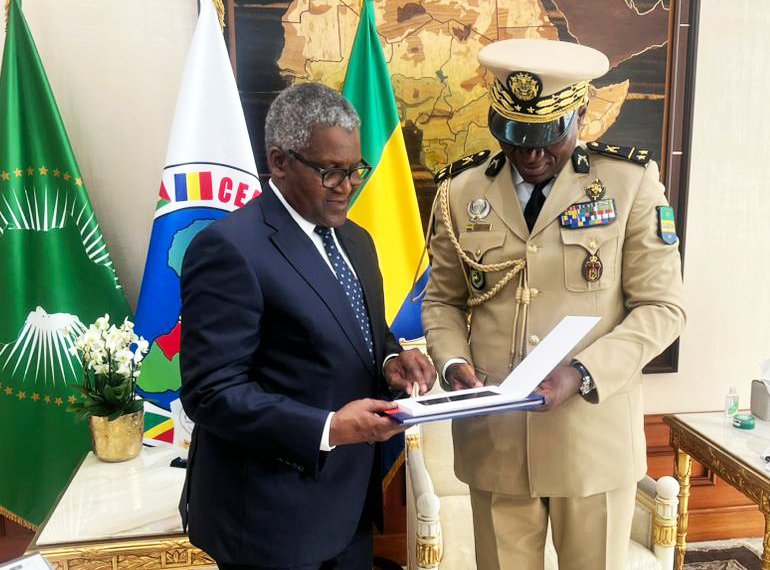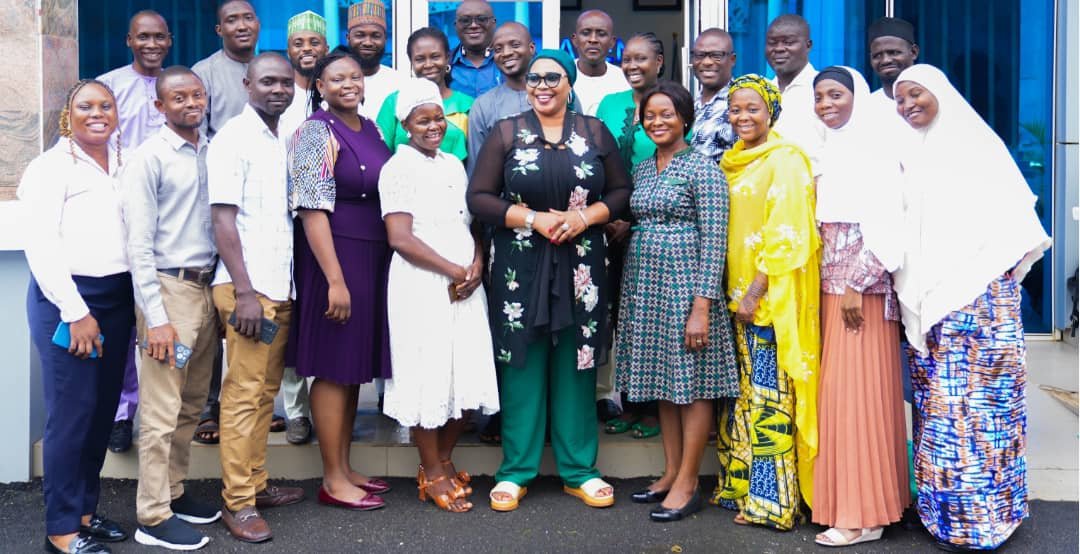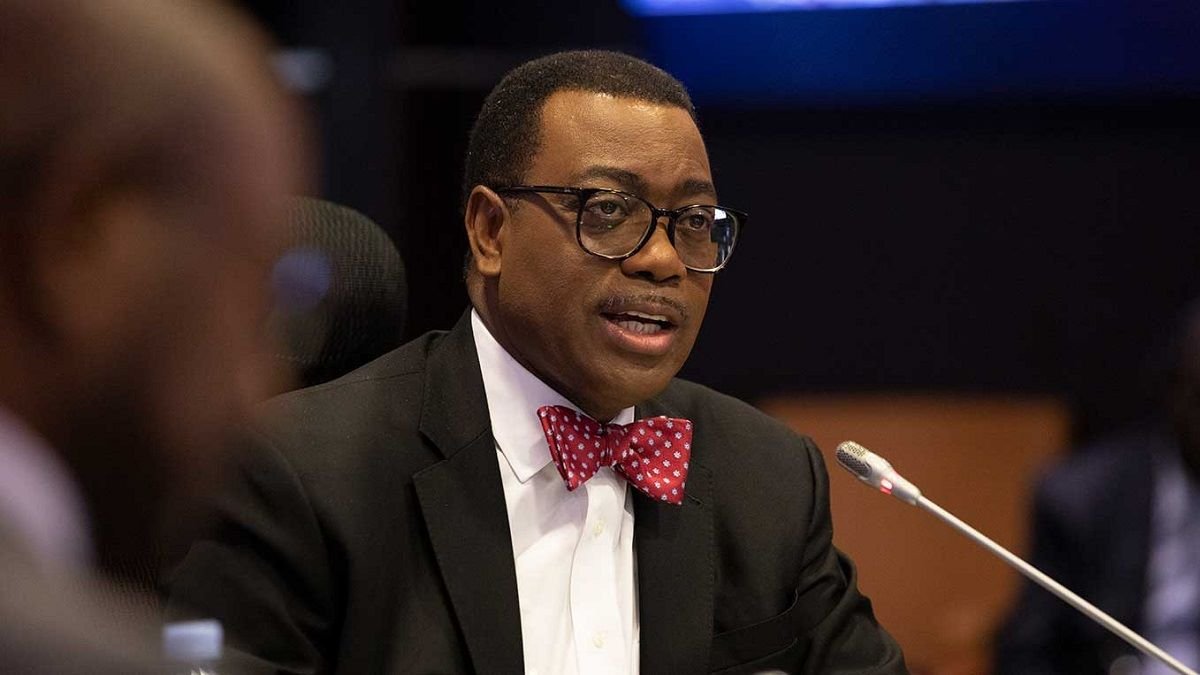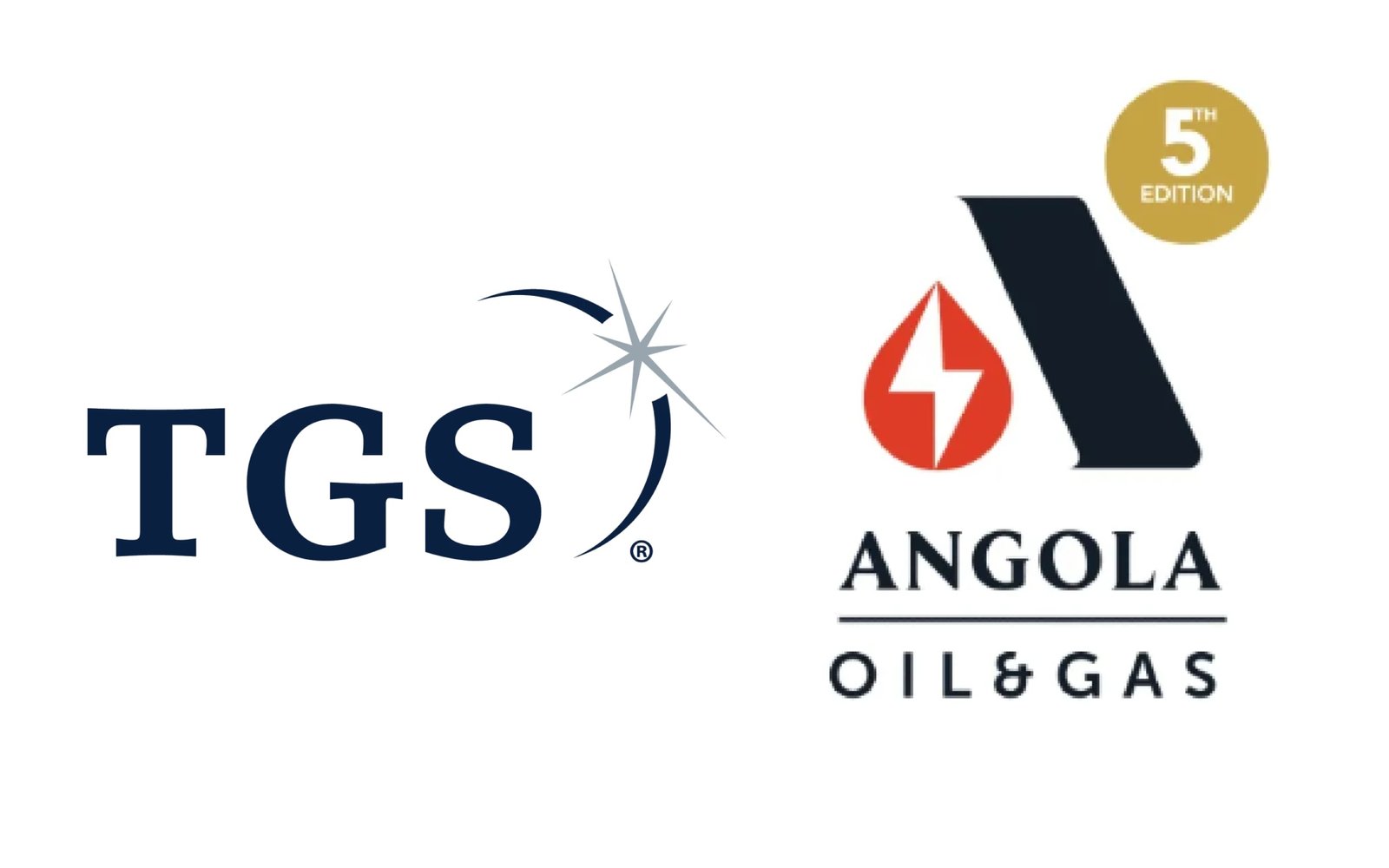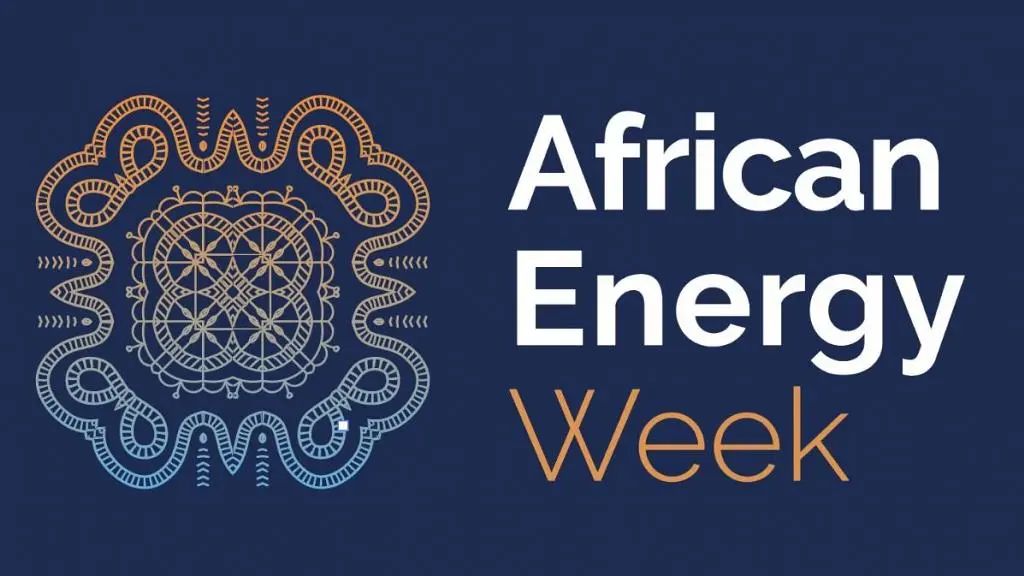Supported by ENGIE and chemical industry company Afrox, Nyanga PayGas Station is a small-to medium-scale LPG business advancing Africa’s clean cooking agenda through the provision of affordable LPG for residential consumers and small businesses in the Nyanga community. Established in 2019 by Founder and CEO Philippe Hoeblich, Nyanga PayGas Station is playing a crucial role in accelerating and providing affordable clean cooking to ordinary South Africans at a time when the country is facing high energy prices and critical energy shortages, with up to 8 hours of interruptions to the country’s grid network being experienced per day. While the business is selling up to 15 tons of LPG per month, with 90% of the clients being women, the project demonstrates the role of Africa’s vast, yet untapped gas resources in empowering women and driving Africa’s economic expansion and energy sector stability.
With over 900 million people across Africa living without access to clean cooking, Africa’s 620 trillion cubic feet of proven gas reserves present an opportunity for the continent to address its energy security and affordability challenges, as well as climate sustainability needs.
During the visit, the AEC delegation and Nyanga PayGas Station leadership discussed investment opportunities across the country’s downstream sector, market challenges for small to medium downstream players and best practices to accelerate industry growth.
With a lack of adequate investments and regulatory hurdles the biggest disruptors of the sector, according to Philippe Hoeblich, “The right regulations are needed to allow micro filling in a safe way. With the right policies in place, we will be able to scale up. We don’t need costly infrastructure. With the right policy framework in place, the industry is able to provide access to energy to 100 million Africans in less than 10 years. The crucial role of gas in driving African economies is immense. We cannot cook with solar but we can clean cook using gas.”
Commenting on the need for Africa to maximize investments in gas and LPG development, Ayuk, stated that “Green hydrogen and renewables won’t fix Africa’s energy problem of lack of access to clean cooking. We cannot wait for green hydrogen to become mainstream while people cut down trees and use charcoal, which is harmful to their health and the environment, to meet cooking demands. We must look at exploiting the practical solution we have now, which is gas. Africa needs to create an enabling environment providing support to small businesses like Nyanga PayGas to thrive. That is the way we will be able to address energy poverty, provide clean cooking solutions, support energy reliability and drive growth across the African economy.”
The Chamber, as the voice of African energy, is committed to maximizing collaboration amongst Africa’s downstream sector players with both private and public sector institutions and global investors to optimize the continent’s LPG supply chain. In this regard, AEC’s African Energy Week (AEW) conference and exhibition – Africa’s premier gathering for energy policymakers, stakeholders and global partners – taking place from 16-20 October in Cape Town, will explore opportunities across the entire gas ecosystem and how best Africa can accelerate investments and industry growth to address the continent’s primary energy issues.
“Africa needs to invest more in LPG to achieve its clean cooking targets, reduce deforestation, improve quality of life for citizens and drive opportunities for youths and women. A partnership among industry players is crucial to enhance sector know-how and market growth. The Chamber will continue with its mandate of facilitating collaboration and driving investments in the sector. This is what this year’s AEW conference will be about,” reiterated Ayukegba.
Through high-level panel discussions, exclusive networking and investment forums, AEW 2023 will showcase investment opportunities within Africa’s burgeoning gas and LPG industry while maximizing the industry’s entire ecosystem.


